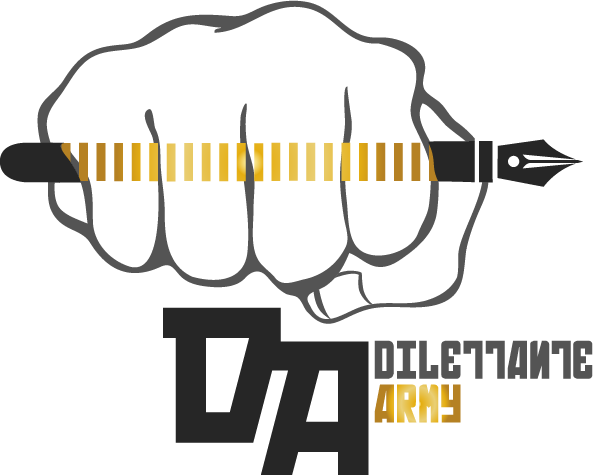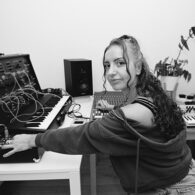Henna Night / Kına gecesi / Şeva hineyê
Banu Çiçek Tülü’s video essay explores Kına gecesi (henna nights), gatherings that take place the evening before a wedding to celebrate the marriage and mourn the bride’s departure from her family home. Kına gecesi ceremonies focus on the bride’s body: her hands are painted with henna and she is dressed in special garments. Although the fraught symbolism of the henna night reinscribes rigid traditional values around women’s roles in society, it is also an opportunity to connect with family and cultural traditions through music, chants, and dance. For Çiçek Tülü, henna is a female symbol that carries with it associations of feminine solidarity along with the weight of patriarchy. This work considers how tradition marks women, literally in this case, and the kinship between them that might exist in the spaces left unmarked.
—The Editors
Please watch “Henna Night / Kına gecesi / Şeva hineyê” on YouTube here:
Spoken word in video:
The henna seeps into my skin, a design that mimics both art and restraint. It is beautiful, yes, but it also marks me—a reminder that femininity is not my own, but something imposed, patterned, confined. The songs around me are soft, but the air hums with expectation: to be gentle, to be soft, to be other.
Henna Night—a ritual, a celebration, a party where women gather to mark a body in intricate designs, celebrating an arrival into womanhood that feels more like a confinement. The dark paste stains my skin, and for a moment, I am a canvas for a tradition I didn’t choose.
My body is not mine here. It is a canvas for histories of control, a stage for roles I never auditioned for. I wear the henna as decoration, but it is also a prison, a boundary that shapes my womanhood into something narrow, something prescribed. Henna seeps through the skin of women who share this culture.
I see you too, as I sit here, my skin marked and decorated. But in the spaces between these designs, I resist. I am a question, an undoing, a becoming. These unmarked spaces, too, pulse between us.
In my hands, I will remain unsilenced—unsettled, open.



Dilettante Mail
Get updates from us a few times a year.